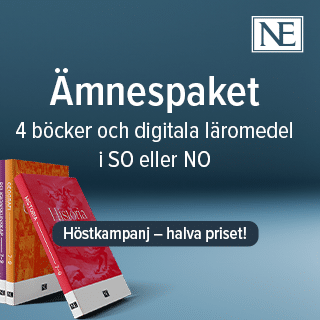Spelrum: om paradoxer och överenskommelser i musikhögskolelärarens praktik
Hur överförs egentligen en praktisk kunskap? Hur lär sig studenter spela ett instrument och vad är det som sker i den processen? Sven Åberg har genom ett samarbete med KTH och Kungliga musikhögskolan i Stockholm undersökt hur yrkeskunskap kan överföras.
Sven Åberg
Professor Bo Göranzon samt fil. dr Lars Mouwitz
Dr Annika Mus Konttorri-Gustafsson, Sibelius Academy, DocMus Unit, Finland
KTH – Kungl Tekniska högskolan
2008-04-28
Spelrum: om paradoxer och överenskommelser i musikhögskolelärarens praktik
Spelrum: On paradoxes and agreements in the practise of higher musical education
Institutionen för Industriell ekonomi och organisation
Spelrum: On paradoxes and agreements in the practise of higher musical education
This dissertation discusses the transfer of practical knowledge as seen in the practises of conservatory teachers at the Royal College of Music in Stockholm. It is based on material from three series of dialogue seminars conducted with teachers and students. The aim of the dialogue seminar is to bring a practitioner s personal style of relating to a profession into a form which makes it possible for the practitioner and others to reflect upon. Using the participants texts and the seminar protocols as a starting point the dissertation develops some of the themes which emerged. It is divided into three parts:
The first discusses conservatory teachers relationship to language. Examples include the teachers use of indirect ways to »work around« a problem rather than addressing it directly, the use of metaphors and figures of speech, and the fields of disagreement that surround certain central concepts. These disagreements exist within a »thought-style« shared by practitioners of a profession.
The second part develops some of the paradoxes inevitably encountered in practical music making and musical education. Examples include planning-spontaniety, simplicity-complexity, reflection-action, clarity-truth, breadth-depth. It is argued that the way in which practitioners handle and relate to such »paradoxical fields« constitute an essential part of mature professional skills.
The third part discusses the nature of practical knowledge, especially its relationship to the rules that can be established to help transmit such knowledge. The wittgensteinian image of basic rules, which are followed in a way that can not be described in rules, is contrasted by an image in which the learner gains access to patterns of action which are handled on the basis of the percieved meaning of the actions.
Relaterade länkar

Fritidshem
 Åk F–6
Åk F–6 Matematikångest
 Åk 4–Vux
Åk 4–Vux 






